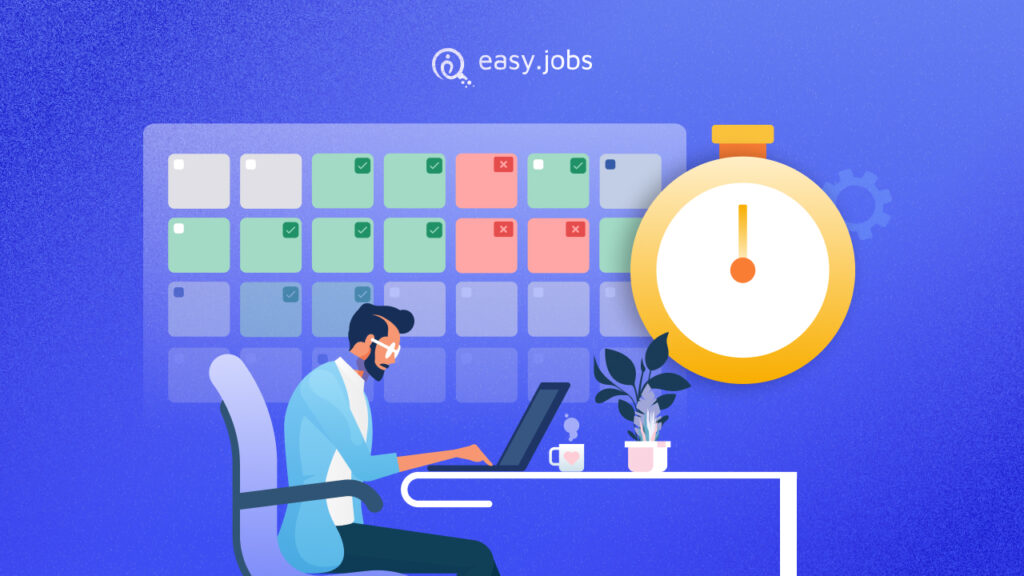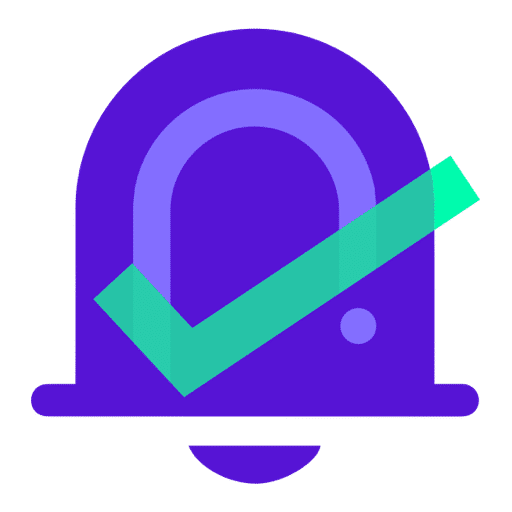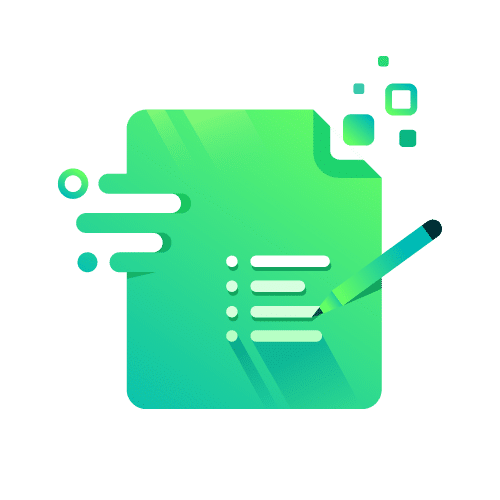A successful start with your desired organization depends on how well you prepare for an interview. It is common for us to make silly mistakes that may cost us the chance of being selected for the job opening. Today we are going to share 10 must-follow steps that will help you rock in interviews and get hired.

Why Should You Prepare For An Interview So Thoroughly?
Getting a call for an interview means you have already passed the initial, important screening steps. You’ve arrived at the final stage. If you can beat the in-person interview, then you are one step away from being onboarded for that job position.
That’s why preparing for an interview holds so much importance when building your career. Let’s take a look at why you should meticulously prepare for an interview:
🔖 Obviously, there are limited vacancies for every job posting. So, if you want to do better than all other candidates and secure your position, you must prepare for an interview properly.
🔖 Depending on the interview performance, many important factors will be determined even when you are selected for the position, like salary, probation period, department, etc. So you have to do your best.
🔖 The interview is the only time you will interact face-to-face with employers and interviewers. So, if you don’t take interview preparation seriously, it might get expressed in your answers or interactions, making a negative impact. So, it’s important to prepare for interviews.
What To Expect From A Job Interview?
When it comes to the interview process, there are a number of things to anticipate, but the structure will mostly depend on the business or company you are interviewing with. A broad description of what to anticipate during a formal, in-person interview is provided below.
In Pre-Interview Process
You will have spoken with a recruiter or maybe the hiring manager prior to your interview. You probably already sent them your CV and cover letter after deciding that you were interested in their job opening.
You should anticipate hearing back from them if they believe you could be a suitable fit for the position. In this case, they will either request a formal interview with you in person or request to meet with you on the phone or by video call. Before inviting prospects in for a formal interview, recruiters frequently conduct a phone screening of potential candidates.
You may be sure that they had enough faith in your skills to inquire further about you and your area of expertise.
During Interview Process
When you get to the office for your interview, go to the reception desk or secretary and introduce yourself – do not forget to mention the position you’re interviewing for. The recruiting manager can ask you to wait until he or she is ready to meet with you. Avoid using your phone so you don’t appear uninterested in the position.
The interviewer will want to know how qualified for the position you are once they have given you a description of the position and what it entails. A series of general, behavioral, situational, and in-depth questions regarding your sector will be asked. Be ready to discuss your accomplishments, abilities, and experience in response to queries.
It’s also possible they might ask you about employment gaps (if you have any) and your preferred salary range. No interviewer will have the same questions, so it’s best to prepare for the most common ones you’re likely to encounter.
After a round of questions, the hiring manager might ask if you have any questions about the position or company. This is your opportunity to get clarity about anything regarding the job opportunity, express your interest in the role, and show that you’ve done your research on the company. In essence, this is a great way to show the hiring manager how interested you are in working for them.
After the interview, the hiring manager might give you a sense of what the workplace environment is like by giving you a tour of the workplace. There’s also a chance they’ll introduce you to your potential future colleagues. Be sure to thank your interviewer both for their time and for the opportunity to interview for the position before leaving.
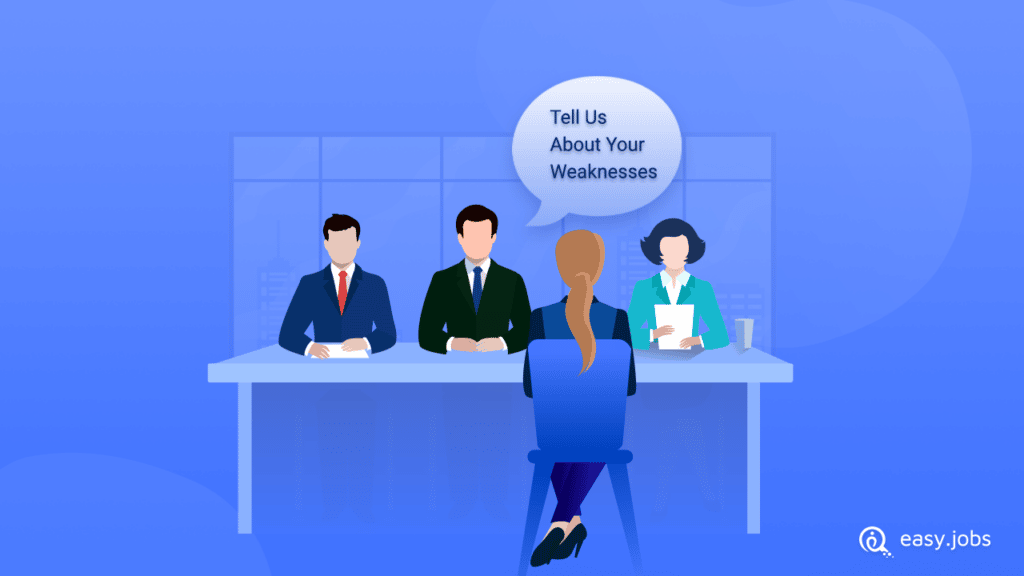
The hiring manager might inquire if you have any questions regarding the position or business after a series of inquiries. This is your chance to ask questions, indicate your interest in the position, and demonstrate that you’ve done your research on the business. In essence, this is a terrific approach to conveying to the recruiting manager your enthusiasm for the position.
10+1 Steps To Follow While Preparing For An Successful Interview
Are you ready to rock your interview? Then get ready and start reading the below steps one by one.
1. Ask Yourself Why You’re Applying For The Position
Before making bulletproof preparation for an interview and securing the job, the first thing you have to do is make up your mind about the position. Think about the significance of this interview for you and decide what it means to you. Sometimes, we apply for job openings without thinking clearly about whether the job is right for us or not. You must have a clear vision before attending the interview. It will help you to prepare for an interview better, answers questions steadily, and locks down the opportunity.
2. Review The Job Description
The next thing to do when you prepare for an interview is to review the job description of the position you’re applying for. Understanding exactly what the hiring manager is looking for in a candidate requires carefully reading it. You can better understand the duties of the position and what is expected of you if you are hired by using the job posting as a guide.
You might be asked about it, so make sure you read it all the way through. Your interviewer will consider you more qualified for the position if you can demonstrate how you meet the job posting’s requirements.
3. Study The Organization
Another step to prepare for an interview is to gain better knowledge about your organization. The interviewer checks your interest in the position partially based on your knowledge of their organization, products, services, etc., and knowing these makes it easier to crack the interview. To study the organization, you can check out its website, online knowledge base, video channels, and especially its social profiles. You can collect so much insightful data in this way.
4. Practice Your Speaking Voice And Mannerisms
Another thing you can do to get ready for an interview is to practice speaking with confidence and a welcoming demeanor. During your interview, remember to sit back in your chair, put your feet on the floor while you’re sitting, practice making eye contact, and nod your head while you’re listening.
5. Plan Your Time, Agenda & Attire
First impressions matter in all types of communication. Have your attire prepared in advance. Make the best impression by dressing appropriately. The company’s dress code should determine the type of clothing you wear. While some businesses have a formal dress code, many startups opt to have a more relaxed and casual attire policy. Dress professionally for the company you want to work for.
At the same time, it is wiser to check out the company’s location earlier. And plan for the traveling route, vehicle, etc. In this way, you won’t face hurdles in reaching the interview on time.

6. Print Your Resume To Take With You
Despite the fact that the majority of recruiters will have a digital copy of your CV, being prepared to produce a hard copy is a smart idea just in case. They will be able to tell that you are prepared if you do so. Print additional copies if you’re conducting interviews with multiple people.
7. Communicate With Fellow Candidates
There is a saying in books of war, ‘It’s better to know your enemy well, before the fight’. So it is an important step to prepare for an interview: get connected with other candidates or anyone working in the organization. While you are waiting with others for your interview call, try to communicate with others. Learn their side of stories. Try to find out what differentiates you from them.
For online interviews, you can’t communicate in person with other candidates. In this kind of case, you can check out organization review platforms, and social media platforms to find out who the other candidates are. This will also help you clarify your perceptions.
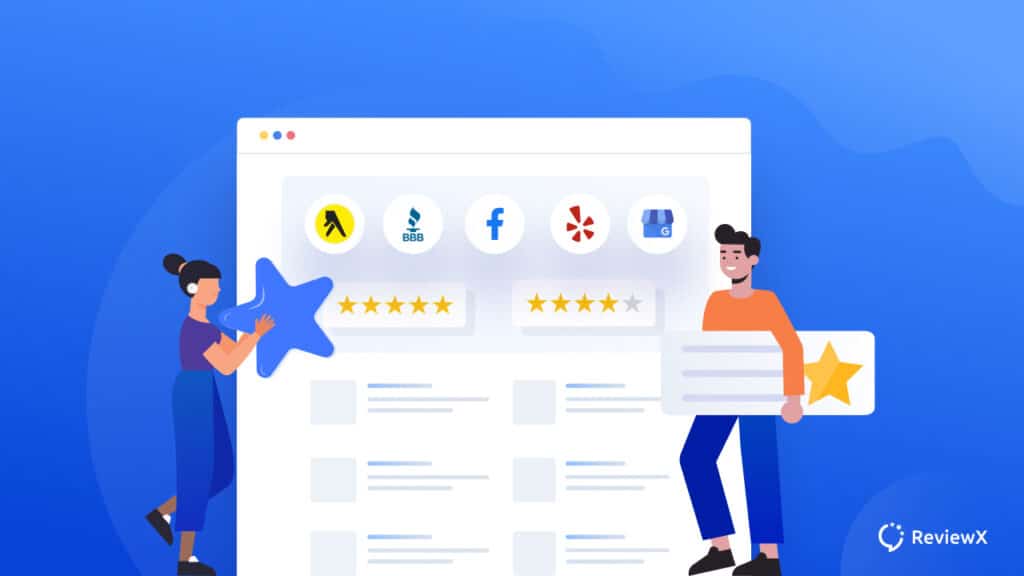
8. Prepare Your Interview Questions
Keep in mind that throughout interviews, both interviewers and candidates are analyzing one another. Interviewers will examine whether the position can help them achieve their goals and whether the business is a good location for them to work. Therefore, they might ask pertinent questions, to which you ought to be able to respond. It may take some time to prepare in advance for these questions, but you only need to complete it once before the interview phase starts.
You can prepare for an interview with the following types of questions:
🌟 10 Critical Thinking Interview Questions That You Can Use
🌟 Top 50 HR Interview Questions You Should Ask Or Be Prepared to Answer
🌟20 Behavioral Interview Questions To Prepare For
🌟20+ Funny Interview Jokes Any Recruiter Will Relate
9. Prepare Questions To Ask The Interviewer
If you think that interviews are one-way communication, then get that out of your brain. An interview is a to way communicate to check out whether you are the best fit for the position and organization or not. So, asking questions to the employer is also a step to prepare for an interview.
An excellent strategy to demonstrate your interest in working for the organization is to pose thoughtful questions toward the conclusion of the interview. Prepare a number of inquiries about the role, business, and workplace to ask the interviewer. Here are some sample questions you might try:
👉 Especially what quality are you keeping above others to get selected?
👉What are the perks and benefits of this organization?
👉How will my work and responsibilities be measured?
👉What are the career growth opportunities in this organization?
👉I have some special religious views. Am I able to maintain them?
10. Practice Your Interview Ahead Of Time
Request the assistance of a friend or relative to lead you through a practice interview. You can also speak aloud the responses you practiced to yourself. You’ll be able to maintain your composure and have a better understanding of what to expect on the day of the interview if you understand how the interview process works. Repeatedly going through a practice interview will increase your comfort level and self-assurance.
11. Plan How To Conclude Interviews
There is a chance you get selected for the interview or get rejected. There is a fifty-fifty chance that either of these things will happen. How the interview will go is not in your hands, but you can plan how to conclude the interview. If you don’t get selected, you will still want to keep the door open and apply again.
The best way to accomplish this is to conclude your interview with a warm “thank you” speech in which you express your appreciation for attending the interview. You may also request the interviewer’s email address or other contact information in order to stay in touch in the future.
With A Hopeful Heart, Wait For Response
It’s a good idea to thank the hiring manager again in writing after the interview by sending them an email. A sincere “thank you” goes a long way and is a nice gesture if you ever return to work there.
It’s crucial to decide whether or not the role is a good fit for you while you’re waiting to hear if the hiring manager thinks you’d be a good fit for the position. Take into account the details you learned during the interview, such as the working atmosphere, the job responsibilities, and what is expected of you.
Within a week or two, you should hear back from the hiring manager. Occasionally, unless they want to move forward or extend you a job offer, you might not hear back. When you hear back, you’ll either receive a job offer, be informed that you’ve been passed over for the position, or be informed that other candidates have been picked.
Even if you don’t get a job offer, going through the interview process gave you useful experience.
That’s all from us now. If you found this article useful, please share it with others who may benefit from it. Also, subscribe to our blog to keep receiving these kinds of tips and guidelines.

